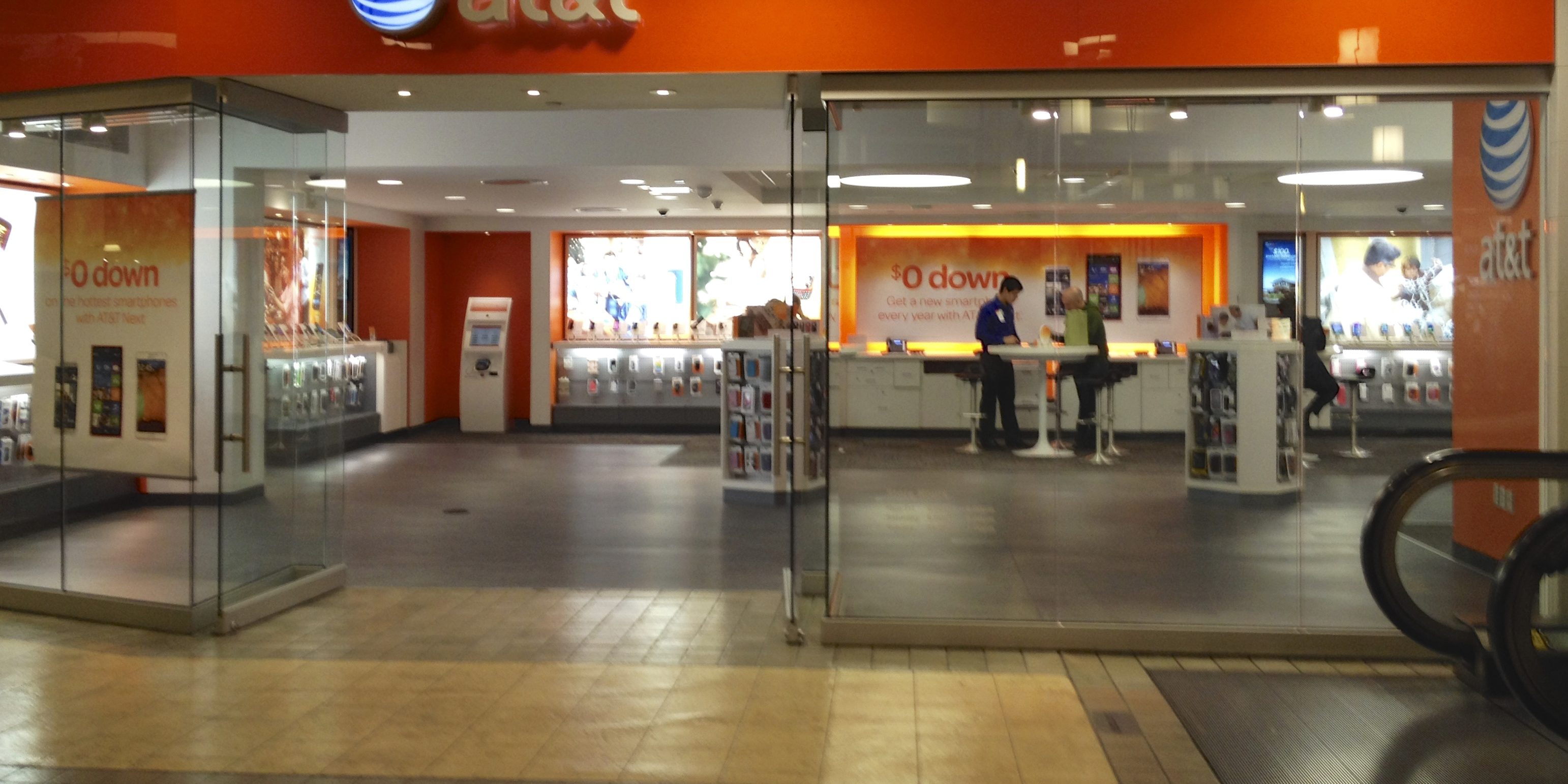I was enjoying a cup of coffee while reading outside of a Barnes & Noble. The table I was sitting at faced an AT&T store. I glanced up and saw a good looking man in a suit walking confidently towards the exit. Only he was headed straight for the large, floor to ceiling glass window, not the actual exit door.
In the blink of eye he walked totally unaware right into the glass. He was stunned, embarrassed, and surprised. All of us who saw it happen gasped, winced, and tried not to laugh–once we saw he was okay (of course).
 I don’t know how often people walk into glass windows and doors (but apparently there are studies on the issue). It seems to be an unfortunate byproduct of impeccable windexing. But it also is a great analogy to what happens to a lot of people facing unseen or unnoticed cross-cultural complexity in their day to day life.
I don’t know how often people walk into glass windows and doors (but apparently there are studies on the issue). It seems to be an unfortunate byproduct of impeccable windexing. But it also is a great analogy to what happens to a lot of people facing unseen or unnoticed cross-cultural complexity in their day to day life.
I know many people who walk unaware into the glass barrier of cross cultural complexity feeling stunned, embarrassed, and surprised. I’ve been there many times and can still feel the sting of those moments.
I once argued with a taxi driver in Uruguay because I thought he was trying to take advantage of me and overcharge me for a five minute cab ride. The problem was I was still using the Argentine peso to US dollar conversion rate in my head, not the Uruguayan peso exchange rate. What’s worse is I was arguing over about 3 dollars.
Then there was the time I went to a meeting immediately after having just arrived to Seattle after a long trip in Latin America. I entered the room and began greeting each person warmly as one does in Latin America. When I got to one man in the group he took two giant steps away from me. It is not normal to greet a North American business man with a hug.
Even though I didn’t try to hug him, my behavior with everyone else made him very uncomfortable. He erected a giant invisible barrier between us. The collision occurred much earlier. I walked into the glass when I initially entered the room — not when I actually got to the point of greeting him. I extended my hand to shake his and acknowledged what happened. That is, I found where the actual exit door was so I could walk through gracefully.
It happens to all of us. Things are going fine. We are walking confidently forward, going about business as usual. Then suddenly we hit something seemingly invisible that stops us in our tracks.
And walking into glass usually leaves a mark.
This is why cultural intelligence becomes so essential to our daily living.
The 5 ways walking into glass relates to our need for cultural intelligence (CQ):
- We are often caught off guard and don’t realize the window — the barrier — is there.
- We need something that will help us be more aware and help us see what is practically invisible.
- We need something to lessen the sting and clear up the mark we left.
- We need a way to exit gracefully or continue on our way after we hit the glass.
- We need something that helps us laugh at ourselves and learn from our mistakes.
Cultural intelligence:
- Helps us become more aware.
- Helps us continue moving forward, even when we hit a glass wall!
- When developed CQ enables us to be caught off guard less often.
- It will help us identify barriers.
- It guides our behavior so we can exit awkward situations gracefully.
- Is developed by learning from our mistakes.






